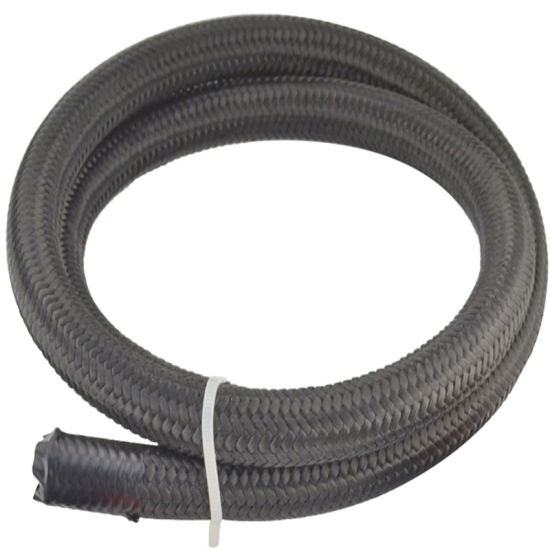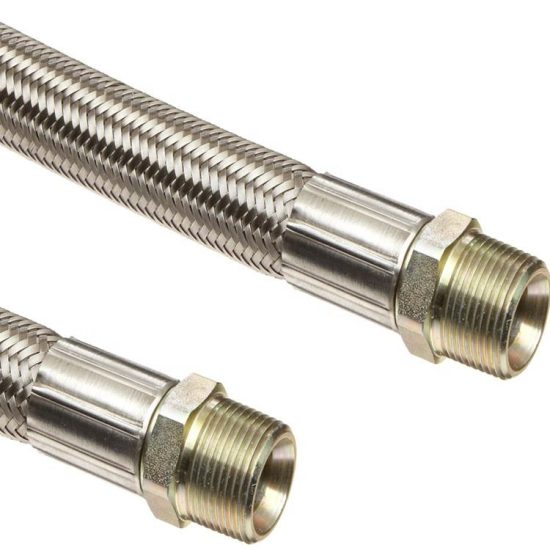Customizing metal hoses for industrial use involves several steps to ensure they meet specific requirements and standards. Here’s a general overview:
- Understanding Requirements: Gather detailed specifications from the industry or client, including pressure ratings, temperature ranges, sizes, end connections, flexibility needs, chemical compatibility, and environmental conditions.
- Material Selection: Choose the appropriate metal alloy based on the intended application. Common materials include stainless steel, bronze, Monel, or other alloys, each with different properties suited for various environments.
- Design and Engineering: Create a design that aligns with the specifications provided. This includes determining the hose’s length, diameter, thickness, and necessary flexibility or rigidity. Finite Element Analysis (FEA) might be employed to ensure the hose can withstand the required pressure and conditions.
- Fabrication and Manufacturing: Utilize specialized equipment and techniques to fabricate the metal hoses according to the design. Processes like hydroforming, welding, or mechanical forming may be involved based on the material and design requirements.
- Quality Control: Implement strict quality checks throughout the manufacturing process to ensure the hoses meet industry standards and client specifications. This involves pressure testing, leak testing, dimensional checks, and material inspections.
- End Fittings and Accessories: Attach appropriate end fittings or connections based on the application. These could be threaded, flanged, quick couplings, or custom-designed fittings as needed.
- Testing and Certification: Perform final testing to ensure the hoses perform as expected under real-world conditions. Obtain necessary certifications or approvals based on industry standards or specific regulations if required.
- Documentation and Traceability: Maintain detailed records of materials used, manufacturing processes, testing results, and any other relevant information for traceability and quality assurance purposes.
- Customization and Client Feedback: Be open to customization requests from clients and gather feedback for further improvements or modifications to suit specific applications better.
- After-Sales Support: Provide assistance, maintenance guidance, and support post-sale to ensure proper usage and longevity of the customized metal hoses.
Customizing metal hoses for industrial purposes involves a combination of engineering expertise, material knowledge, precise manufacturing techniques, and quality assurance to meet the unique requirements of various industries and applications. Working closely with clients to understand their specific needs is crucial throughout the customization process.

